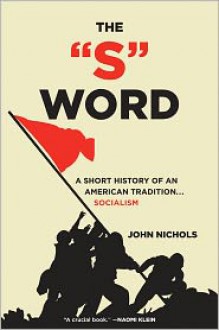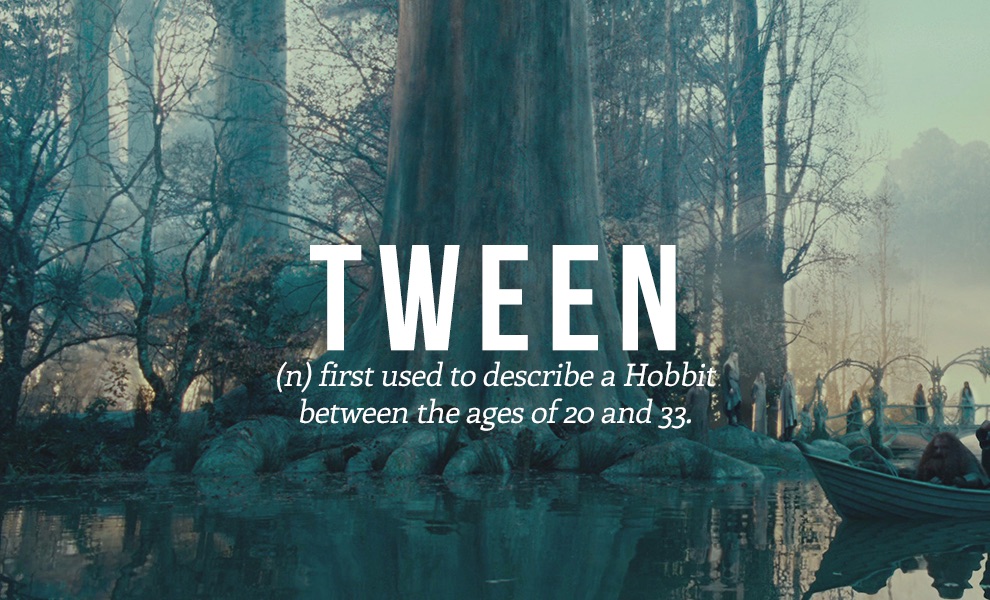
Nichols, a journalist who has written for The Nation and The Wisconsin State Journal as well as for other progressive publications, has several goals in writing The "S" Word. One is to blow off some steam regarding his frustration with the state of public discourse in the US (which he describes as being at its lowest point ever), with right-wing commentators who have used their bully pulpit to drag the term "socialist" through the mud and with the left-wing politicians and media who have let them, as well as with Obama and the other high-profile Democrats who continued to move the party further and further to the right over the past few decades. As a reader who shares many of the same points of frustration, I was not turned off by Nichols' goal. He doesn't purport to be unbiased.
On the other hand, Nichols' main goal in writing The "S" Word is to present a counter history of the US, one which shines a light on the myriad ways that American writers (Thomas Paine and Walt Whitman), US Presidents (particularly Lincoln and FDR, but also JFK and others), and local politicians, especially in Milwaukee, presaged or incorporated some of the tenets of socialism in their writings, platforms, and political initiatives. Nichols' main argument and frustration with 21st-century politicians is that, by buying into the idea that socialism is an evil, un-American ideology, these political leaders have weakened their effectiveness by limiting the political stances from which they could draw solutions for current problems.
The book read as a series of long articles in The Nation. Nichols has done his research, providing supporting passages from letters, speeches, newspaper columns, and interviews, some of which he conducted himself. Academics and others wanting to delve deep into political history should view this book as a platform for further research.
My rating is probably closer to a 3.5, but I bumped it up to a 4 largely on the strength of new-to-me information that Nichols presented in a few chapters: the chapter on Abraham Lincoln, Horace Greeley, and Marx; the chapter on free speech fights conducted by newspaper editor and elected Congressman Victor Berger during the Red Scare of 1917 and after; and the chapter on the sewer socialists in Milwaukee and other municipalities in the US. I also found interesting Nichols' discussion of the role of socialism in fighting segregation in trade unions, and in helping to lay the groundwork for the March on Washington for Jobs and Freedom in 1963. At times, I got frustrated by some of Nichols' digressions, and I wanted more detailed information about some particularly interesting events and people. However, Nichols has shone a light on aspects of American history that are not taught in high school history classes or referenced in our public discourse. For this reason, reading The "S" Word seems like a small but significant contribution to trying to effect change in the current state of US politics.



 Nichols, a journalist who has written for The Nation and The Wisconsin State Journal as well as for other progressive publications, has several goals in writing The "S" Word. One is to blow off some steam regarding his frustration with the state of public discourse in the US (which he describes as being at its lowest point ever), with right-wing commentators who have used their bully pulpit to drag the term "socialist" through the mud and with the left-wing politicians and media who have let them, as well as with Obama and the other high-profile Democrats who continued to move the party further and further to the right over the past few decades. As a reader who shares many of the same points of frustration, I was not turned off by Nichols' goal. He doesn't purport to be unbiased.
Nichols, a journalist who has written for The Nation and The Wisconsin State Journal as well as for other progressive publications, has several goals in writing The "S" Word. One is to blow off some steam regarding his frustration with the state of public discourse in the US (which he describes as being at its lowest point ever), with right-wing commentators who have used their bully pulpit to drag the term "socialist" through the mud and with the left-wing politicians and media who have let them, as well as with Obama and the other high-profile Democrats who continued to move the party further and further to the right over the past few decades. As a reader who shares many of the same points of frustration, I was not turned off by Nichols' goal. He doesn't purport to be unbiased.